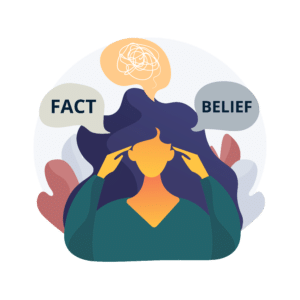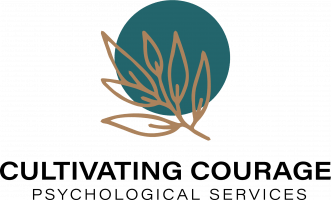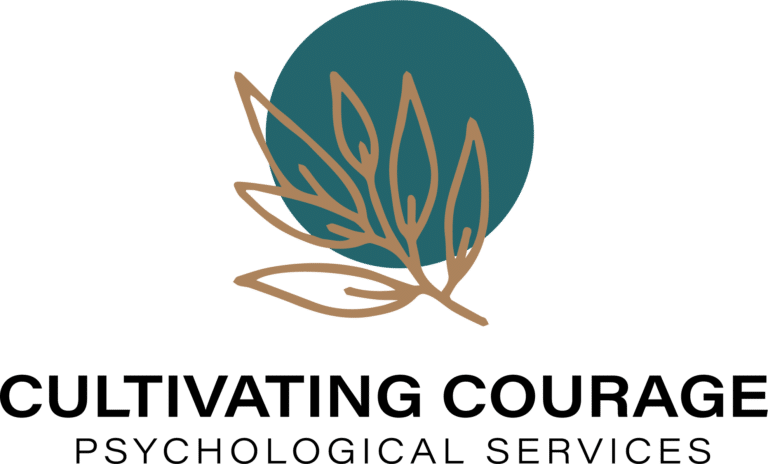Often I find that talking about higher levels of care for eating disorder treatment with a client can evoke fear. Consequently, most of that fear seems to come from the unknown.

Different levels of care exist to be able to provide the unique support someone is needing in their journey to recovery. As providers, we never want to recommend a higher level of care than is needed. We want individuals to be successful and sometimes that means extra support.
So let’s go over what the different levels of care look like. Descriptions of the different levels of care below are broad generalizations and there may be differences based on the company providing the care.
Eating Disorder Treatment Levels of Care
Outpatient
- Seeing providers for individual appointments or attending stand alone groups.
- Additionally, this level of care offers flexibility with frequency of sessions or appointments.
Intensive outpatient programs (IOPs)
- Typically consists of 3-4 hours of group treatment a day, 3-5 days a week
- Group therapy and a meal each day
- Additional services typically needed or recommended- individual therapy and dietitian appointments, family therapy, psychiatry and physician appointments
Partial Hospitalization Program/Intensive Day Program (PHP/IDP)
- While hospitalization is in the name, these programs are often not run in a hospital.
- Typically consists of 6-8 hours of group treatment a day, 5-7 days a week
- Group therapy and usually 2 meals and 1-2 snacks a day
- Also, most programs provide individual services with this level of care- individual therapy and dietitian appointments, family therapy, psychiatry and physician appointments
Residential
- 24/7 care and support, typically in a non-medical facility and have a home-like feel.
- Clients attend therapeutic groups daily
- Full meal support- clients complete 3 meals and 3 snacks daily
- In addition, the following are usually included- Individual therapy 1-3x/week, psychiatry, dietetic services weekly, physician appointments, family/couples therapy optional
Inpatient
- 24/7 acute care in a medical facility
- Patients attend therapeutic groups
- Full meal support- complete 3 meals and 3 snacks daily
- Enteral feeding if needed
- Individual therapy, dietitian, psychiatry, and around-the-clock physician/nurse oversight
- Of note, the focus here is medical stabilization
*Here are some group examples: art, yoga/relaxation, CBT, goals, recreation therapy, home group (open topic for what clients want to process), skills, family/loved ones support, nutrition, body image.
These levels of care for eating disorder treatment can operate as a ladder.
Sometimes, you need to move up or down the ladder to get the support you need as you are working towards recovery. Importantly, there is no judgment or shame in needing help. Furthermore, the providers in all the levels of care have a vested interest in your recovery.
Always remember, recovery is possible!
Visit our homepage at www.couragepsych.com



